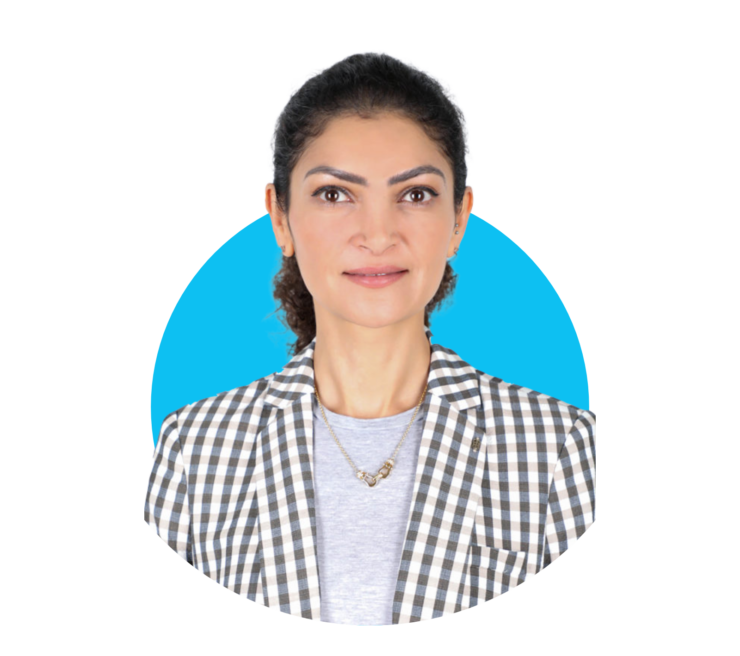Previously referred to as ‘manic-depressive’, bipolar disorders cause shifts in energy, mood and the ability to carry out everyday tasks. The mood shifts can range from periods of elated, energized behavior (manic episodes) or less extreme manic episodes (hypomanic episodes), to periods of sadness and feeling hopeless (depressive episodes).
These episodes partly characterize the four main types of bipolar disorders:
- Bipolar I: This condition is characterized by manic episodes lasting seven days or longer, or by severe manic symptoms that result in hospitalization. There are usually depressive episodes too, which will last two weeks or more. It is also possible that the patient will have simultaneous depressive and manic episodes
- Bipolar II: This form is marked by a pattern of hypomanic and depressive episodes, but not the full-blown manic episodes seen in Bipolar 1.
- Cyclothymic disorder: This is a condition characterized by many periods of hypomanic and depressive symptoms lasting for two years and more (or, in the case of children and adolescents, for a year or longer), but not meeting the requirements to be classified as a ‘hypomanic episode’ and a ‘depressive episode’.
- Other Specified and Unspecified Bipolar and Related Disorders: These conditions have bipolar disorder symptoms but do not match the categories listed above.
While medication can help in treating bipolar disorders, continuous psychotherapy is essential to help sufferers accept and understand the personal and social disruptions of previous episodes, and to cope better with future ones.
Specific forms of psychotherapy have been shown to enhance functioning and recovery, and these include cognitive-behavioral therapy, interpersonal/social rhythm therapy, family therapy, and group therapy.
Another way of seeing a psychologist is helpful is that the patient often is in denial about the problem, so might avoid taking their medication, whereas a psychologist can help them see the reality of the situation.






